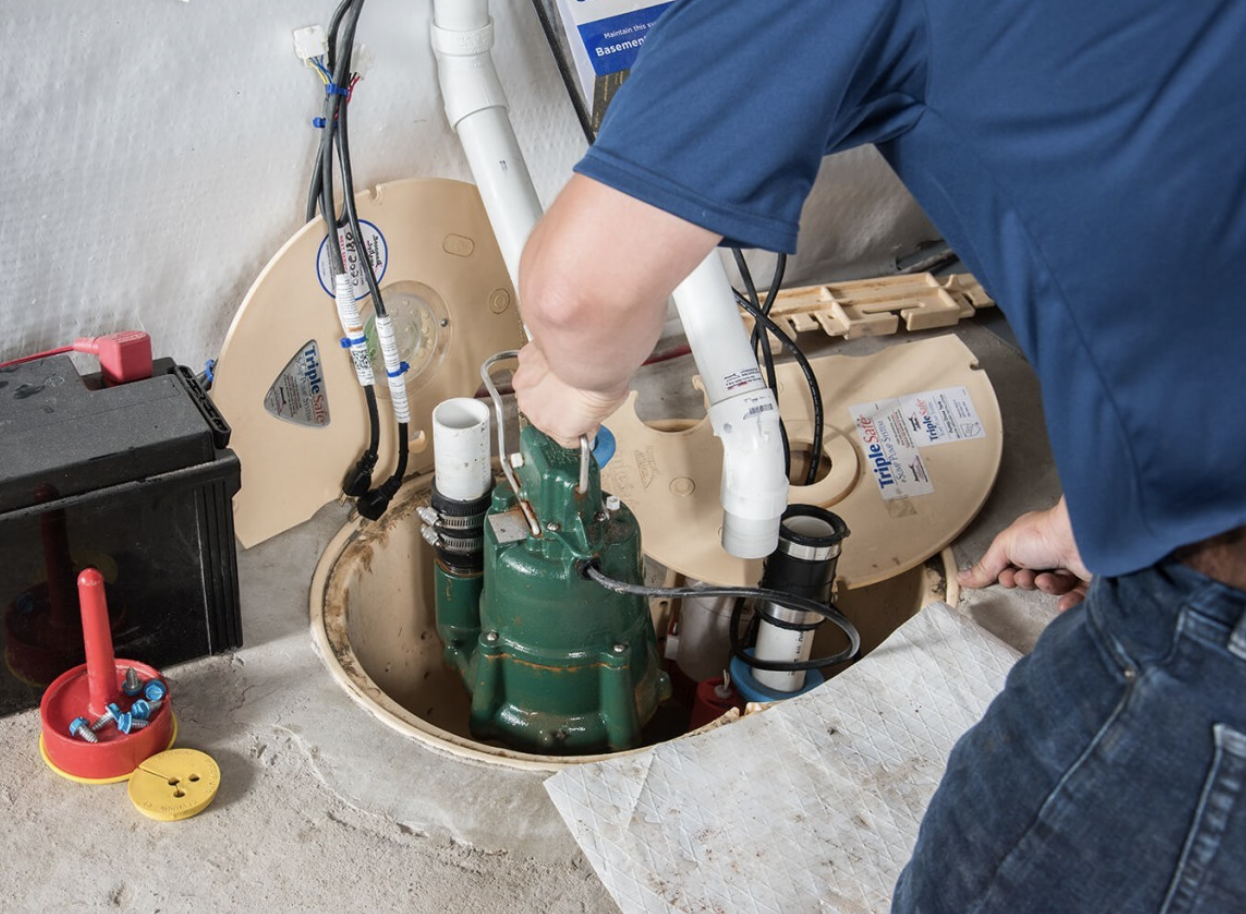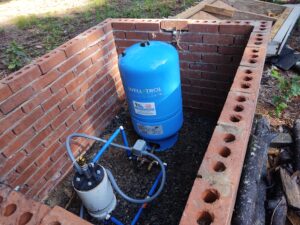Comprehensive Water Treatment Solutions: Safeguarding Your Family members's Wellness and Wellness
Comprehensive Water Treatment Solutions: Safeguarding Your Family members's Wellness and Wellness
Blog Article
Comprehending the Key Components of Effective Water Filtering Solutions

Value of Water Filtration Equipment
Water filtration systems play an essential function in making certain access to safe and tidy alcohol consumption water by efficiently getting rid of contaminants and pollutants. These systems are vital in resolving the expanding problems over water quality and the prospective health dangers related to consuming infected water. By making use of numerous filtration mechanisms such as reverse osmosis, activated carbon, and UV sterilization, water filtration systems can efficiently remove hazardous materials like microorganisms, viruses, heavy metals, and chemicals from the water supply.
Additionally, water filtration systems assist to boost the taste and odor of water by eliminating chlorine, sediments, and other pollutants that can impact its quality. Water Softeners. This enhancement in water top quality not only makes it a lot more palatable yet likewise motivates individuals to consume alcohol a sufficient amount of water daily, promoting much better hydration and overall health
Types of Purification Elements

Physical filters are created to physically strain out contaminations from the water. These filters can be made of products like ceramic, carbon, or also sand, and they function by capturing bits bigger than the filter's pores as water passes via.
Chemical filters use different chemical procedures to eliminate impurities from the water. Examples consist of turned on carbon filters, which adsorb contaminations, and turn around osmosis membrane layers, which make use of pressure to separate pollutants from the water.
Organic filters make use of living microorganisms like algae or germs to damage down natural issue and contaminants in the water. These filters are often made use of in wastewater therapy plants or all-natural water filtration systems.
Recognizing the different sorts of purification elements is important for choosing one of the most suitable water filtration system for certain filtration demands.
Function of Sediment Filters
Sediment filters play an essential role in water purification systems by effectively catching solid fragments put on hold in the water. These filters are commonly the initial line of protection in a purification system, removing larger bits such as sand, silt, dirt, and corrosion before the water moves with finer filtration click to find out more stages. By trapping these sediments, the filters stop them from reaching downstream elements, hence prolonging the lifespan and performance of the entire system.
The function of debris filters is important in maintaining water quality and shielding sensitive devices from damage triggered by browse around this site debris. Furthermore, by getting rid of noticeable bits, debris filters boost the quality and taste of the water. Frequently cleansing or replacing debris filters is essential to ensure ideal efficiency. Ignoring this maintenance can bring about clogging, decreased water flow, and compromised purification effectiveness. Overall, debris filters are crucial components that contribute dramatically to the efficiency of water filtering systems.
Role of Triggered Carbon Filters
Playing a crucial duty in water filtering systems, triggered carbon filters contribute in getting rid of contaminations and contaminants from the water supply. These filters are developed to adsorb and catch a wide variety of toxins, consisting of chlorine, volatile organic compounds (VOCs), pesticides, and herbicides. The turned on carbon material has a huge surface area, allowing for the reliable trapping of pollutants through a procedure called adsorption. As water travels through the filter, the activated carbon draws in and holds onto the contaminations, guaranteeing that the water that comes out beyond is cleaner and safer for consumption.
Triggered carbon filters are extremely effective at improving the taste and smell of water by reducing chemicals that can influence its top quality. Due to their convenience and integrity, activated carbon filters are a crucial element in making sure that water is purified to the highest criteria before getting to customers.
Understanding Reverse Osmosis Equipments
Reverse osmosis systems are sophisticated water filtering systems that use a sophisticated procedure to remove pollutants and contaminations from alcohol consumption water. These systems function by applying stress to the water, compeling it with a semi-permeable membrane layer.
Additionally, reverse osmosis systems are reasonably low-maintenance and can be installed under the sink or in a central filtering system, providing convenient accessibility to tidy water throughout the house. Generally, understanding how reverse osmosis systems function can help individuals make informed choices regarding their water purification needs.
Verdict
In conclusion, reliable water filtration systems are crucial for making sure safe and tidy alcohol consumption water. The crucial elements of these systems consist of sediment filters, turned on carbon filters, and reverse osmosis systems. By comprehending the feature and role of each part, individuals can make educated decisions when selecting a water filtering system. It is essential to focus on the top quality of water in order to promote general health and wellness.
Water filtering systems play a crucial role in making sure access to tidy and safe drinking water by effectively eliminating pollutants and contaminations. By making use of different purification systems such as reverse osmosis, triggered Go Here carbon, and UV sterilization, water filtering systems can successfully get rid of hazardous compounds like bacteria, infections, hefty steels, and chemicals from the water supply.
Sediment filters play a critical role in water filtering systems by successfully catching strong bits put on hold in the water (Pump repairs & installation).Playing a critical function in water filtering systems, turned on carbon filters are important in removing impurities and impurities from the water supply.Reverse osmosis systems are advanced water purification systems that employ an innovative procedure to remove pollutants and impurities from drinking water
Report this page